In her book Art of Sexual Ecstasy Margot Anand writes, “Orgasms have been cherished, misunderstood, feared and indulged throughout the ages.
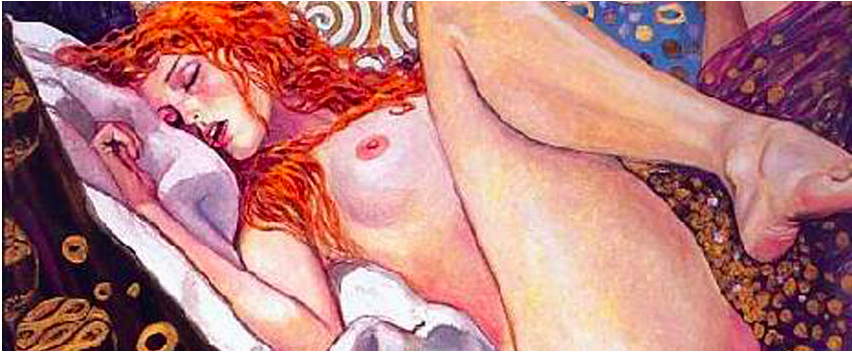
Let’s first understand the history of orgasms, because the word itself carries with it a promise of fulfillment.
The History of Orgasm
The word orgasm originates from two Greek words: Orgasmos, meaning to grow ripe, swell and be lustful, and Orge meaning impulse.
It also has origins in the Sanskrit word Urj – meaning power, nourishment and strength.
Sex and pleasure were once free and equal. Orgasms, with its physical pleasure and consciousness – altering effects, were worshiped in many developing cultures.
As civilizations became more sophisticated about reproduction and sadly, property rights, orgasms and who gives, receives and enjoys them, became increasingly regulated.
Female orgasm has been a mystery to the mostly patriarchal power structure. Furthermore, it was seen as a threat to the advancement of social development.
In the modern age, science has taken a front seat in the understanding and exploration of this most basic of human experience, with mixed results.
While women have made progress toward orgasmic equality, there is still a long way to go.
Today, there is so much research and new information that our understanding of orgasmic possibilities have expanded. We now know that much more is possible.”
Take OMGYES.com for example, a company focused on studying female pleasure like never before.
Both, men and women are capable of experiencing many different kinds of orgasms, opening up a variety of possibilities for experiencing bliss and healing.
Men are not only limited to ejaculating, they too have the ability to experience multiple orgasms without ejaculations.
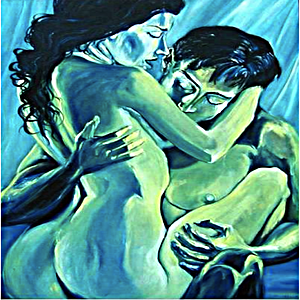
Artist Unknown
Orgasmic Bliss & Why We Crave Orgasms
Orgasm is a state where our body is no longer felt as only matter because it starts to vibrate as energy and electricity.
There is a great book on this topic called Transcendent Sex. Anyone who has ever felt going into other dimensions during a sexual or sensual experiences will relate to this concept.
During sex we are not only exchanging body fluids we are exchanging energy. The entire body lights up, every cell feels alive, you feel at ease and at peace.
Two practices that have helped me reach this state have been Fire Breath Orgasm and the practice of Karezza.
The first time I tried the Fire Breath Orgasm was in Bali with a small group, our practice also included music and it lasted about 2 hours.
There was a few times where people started to weep, especially the men.
This practice can definitely bring up hidden emotions as well as anger and sadness. I wouldn’t recommend doing this alone, especially not the first time.
The practice of Karezza is another one of my favorites, because orgasm is not the goal, it’s about ‘relaxing into pleasure’ by indulging in the subtle sensations.
Orgasm can happen, but it’s a very different kind of feeling that doesn’t feel like a habitual release.
The exchange from this type of lovemaking is nourishing, healing, fulfilling, blissful and rejuvenating.
Time stops.
We transcend into the ecstatic experience that melts away our body armor. There is no past, no future, only the present moment.
In this short blissful moment of silence, we go into a space that connects us to something greater than who we are.
We connect with the flow of energy, our heart, soul and beyond.
In the bliss of orgasm we get naked in every possible way, and reveal the burning treasures within.
The deeper we melt the deeper we experience creation, manifestation, healing, releasing, regeneration, understanding, connecting, and consciousness. We melt into infinite possibilities.
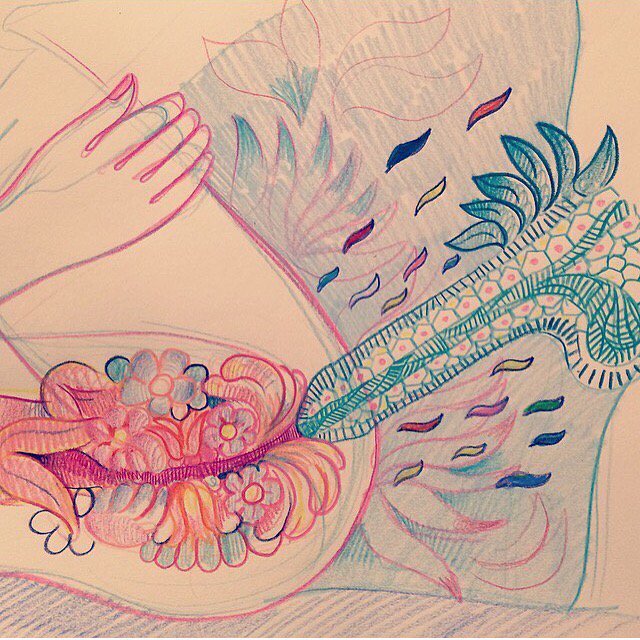
Art By|AlphaChanneling
How do we know when it happens? Every cell in our body knows. Our body feels at ease and we feel at peace, there is continuous joy for no reason.
Great spiritual teachers throughout the ages have stated that orgasm is the closest some people come to a spiritual awakening because of the momentary loss of self.
Maybe this is why the French refer to the orgasm as ‘la petite mort,’ translating into little death, the brief loss or weakening of the logical mind.
Learn How To Make Love With Your Hands Check Out Our Erotic Touch Video Course.






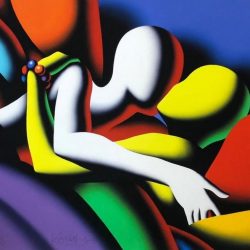
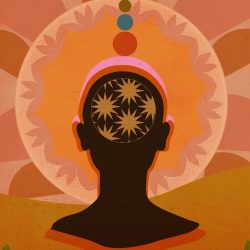








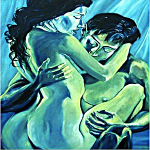







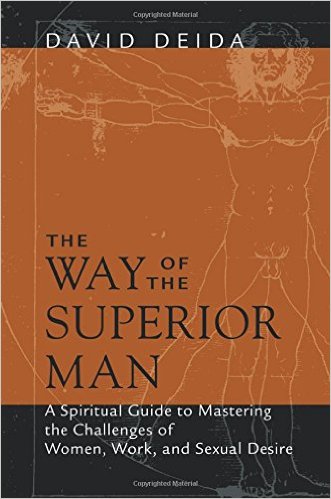
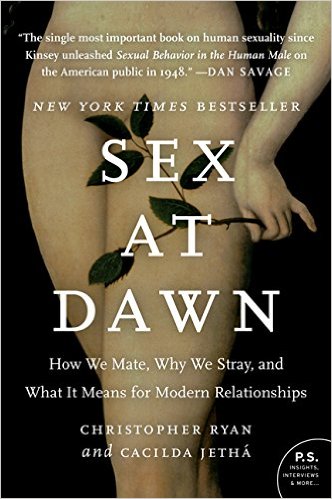
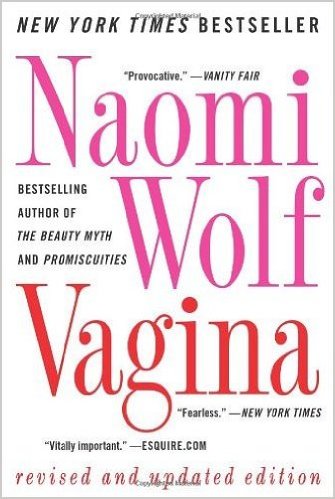
Follow US